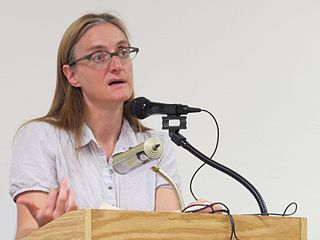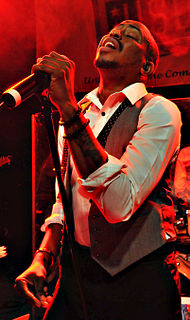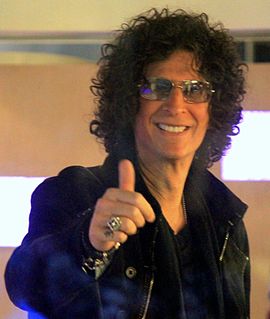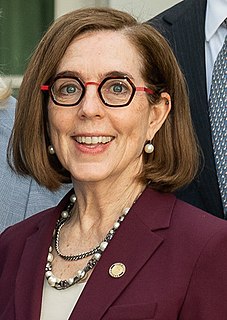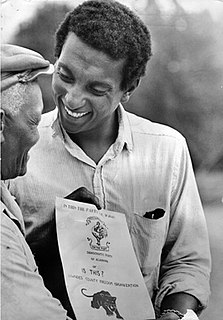A Quote by Novella Carpenter
As cities get more dense, you have people saying, "Why would you have an urban farm when you could have affordable housing on that property instead?" So there's an argument against it. Another huge thing is there's a brain drain toward growing marijuana. You know, if someone has a green thumb in an urban area, especially in places like Washington or Oregon where it's now totally legal, why wouldn't you just grow pot?
Quote Topics
Affordable
Affordable Housing
Against
Another
Area
Argument
Brain
Brain Drain
Cities
Could
Dense
Drain
Farm
Get
Green
Grow
Growing
Housing
Huge
Instead
Just
Know
Legal
Like
Marijuana
More
Now
Oregon
People
People Say
Places
Pot
Property
Saying
Someone
Thing
Thumb
Totally
Toward
Urban
Washington
Why
Would
Related Quotes
There are masses of people who need affordable housing in New York. I think that, politically, it is very difficult to give preference to artists over another group. Now, could there be an impressive envisioning process where developers would be asked to collaborate with urban designers? Maybe envision a large-scale development with local shops, dense housing, maybe a few towers, maybe a few mid-rise buildings, and art workshops in the mix? That would be great. I don't see a call for those proposals. But I think that it would not be outrageous to propose that kind of vision.
I'm for legalizing marijuana. Why pick on those drugs? Valium is legal. You just go to a doctor and get it and overdose on it - what's the difference? Prozac, all that stuff, so why not marijuana? Who cares? It's something that grows out of the ground - why not? Go smoke a head of cabbage. I don't care what you smoke.
My argument for that is: Why not create urban farms that are like parks, on public land? There actually is a park that I see as a model: Dover Street Park in Oakland. They took this park that has swings and playground-type things and turned it into a farm. There's not chickens, just annual vegetables interspersed with fruit trees. And it's super cool because you see people playing with their kids and then they go pick raspberries and some greens for dinner.
The Dallas model, prominent in the South and Southwest, sees a growing population as a sign of urban health. Cities liberally permit housing construction to accommodate new residents. The Los Angeles model, common on the West Coast and in the Northeast Corridor, discourages growth by limiting new housing.
Because we're becoming such an urban nation, we're going to need to be producing so much more food in cities. These institutions have members, obviously. They have the resources to start projects like urban farms and gardens, teaching tools, and the ability to educate their members so that they can then go home and start their own urban gardens. I just really think that faith-based institutions can take the lead in creating community-based food systems, and I'd really like to see that happen.
